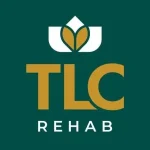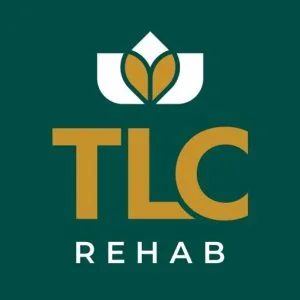
Understanding Anxiety: Causes, Symptoms, and Effective Solutions
Have you ever felt your heart race before a big event or found yourself overthinking a situation? That’s anxiety making its presence known. For many, these feelings fade once the moment passes, but for some, anxiety lingers, becoming a persistent challenge. Let’s explore what anxiety is, its causes, and ways to address it effectively.
What is Anxiety?
Anxiety is your body’s natural reaction to stress or fear. Think of it as an alarm system that alerts you to potential danger—whether real or imagined. This response, known as the “fight, flight, or freeze” reaction, keeps you alert and ready to act.
However, problems arise when this alarm system malfunctions. It keeps ringing even when there’s no real threat. That’s when anxiety shifts from being a helpful instinct to an overwhelming challenge, often interfering with daily life.
How Anxiety Feels: Physical and Emotional Symptoms
Anxiety can manifest in various ways. Here are some common signs:
- Physical Symptoms: Racing heart, trembling hands, shortness of breath, or muscle tension.
- Emotional Symptoms: Persistent worry, irritability, trouble sleeping, or difficulty concentrating.
For some, these symptoms can escalate into panic attacks—sudden waves of fear accompanied by intense physical reactions like chest pain or dizziness.
What Causes Anxiety?
Anxiety doesn’t have a single cause. Instead, it arises from a combination of factors:
- Stressful Life Events: Financial difficulties, work pressure, or personal loss.
- Past Trauma: Unresolved incidents that leave lingering emotional scars.
- Biological Factors: A hyperactive amygdala or a family history of anxiety.
- Substance Use: Alcohol or drugs might temporarily numb feelings but often exacerbate anxiety over time, creating a challenging cycle of dependency.
Recognising these causes is the first step towards finding solutions.
Breaking the Cycle: Anxiety and Substance Use
For some, anxiety becomes so overwhelming that they turn to substances as a form of escape. While this might seem like a quick fix, it often worsens the problem, creating a harmful cycle of dependency.
This is where specialised care, such as the programmes offered by TLC Rehab, can make a difference. By addressing anxiety and substance use together, TLC Rehab helps individuals break free from this cycle and regain control of their lives through tailored, compassionate care.
Practical Strategies to Manage Anxiety
Managing anxiety often requires a combination of approaches. Here’s a toolbox of strategies you can try:
1. Therapeutic Approaches
- Cognitive Behavioural Therapy (CBT): Helps identify and reframe negative thought patterns.
- Exposure Therapy: Gradual exposure to anxiety triggers to reduce sensitivity.
2. Lifestyle Adjustments
- Engage in regular physical activity to relieve stress.
- Practise mindfulness techniques like meditation or yoga.
- Limit caffeine and alcohol, as they can heighten anxiety symptoms.
3. Building a Support Network
- Share your feelings with trusted friends or family members.
- Join support groups to connect with others who understand your challenges.
When to Seek Professional Help
If anxiety feels overwhelming or begins to interfere with daily life, professional treatment options are available:
- Medications: In some cases, antidepressants or beta-blockers can help manage symptoms.
- Therapies: Techniques like psychodynamic therapy or acceptance-based approaches can provide deeper insight and relief.
Facilities like TLC Rehab offer comprehensive care for individuals with severe anxiety, particularly when coupled with substance use. Their integrative approach combines evidence-based therapies with holistic practices, offering a path to lasting emotional well-being.
Your Anxiety Toolbox: Takeaway Tips
Here are a few steps to help you take control of anxiety:
- Practise daily mindfulness or relaxation techniques.
- Reach out to a trusted friend, family member, or professional.
- Monitor your symptoms and seek help early if they interfere with your life.
Remember, addressing anxiety isn’t about eliminating it entirely—it’s about managing it effectively so you can live a balanced, fulfilling life.
If you’re feeling stuck or unsure where to begin, facilities like TLC Rehab provide a safe and supportive space to explore your options and regain your peace of mind.

